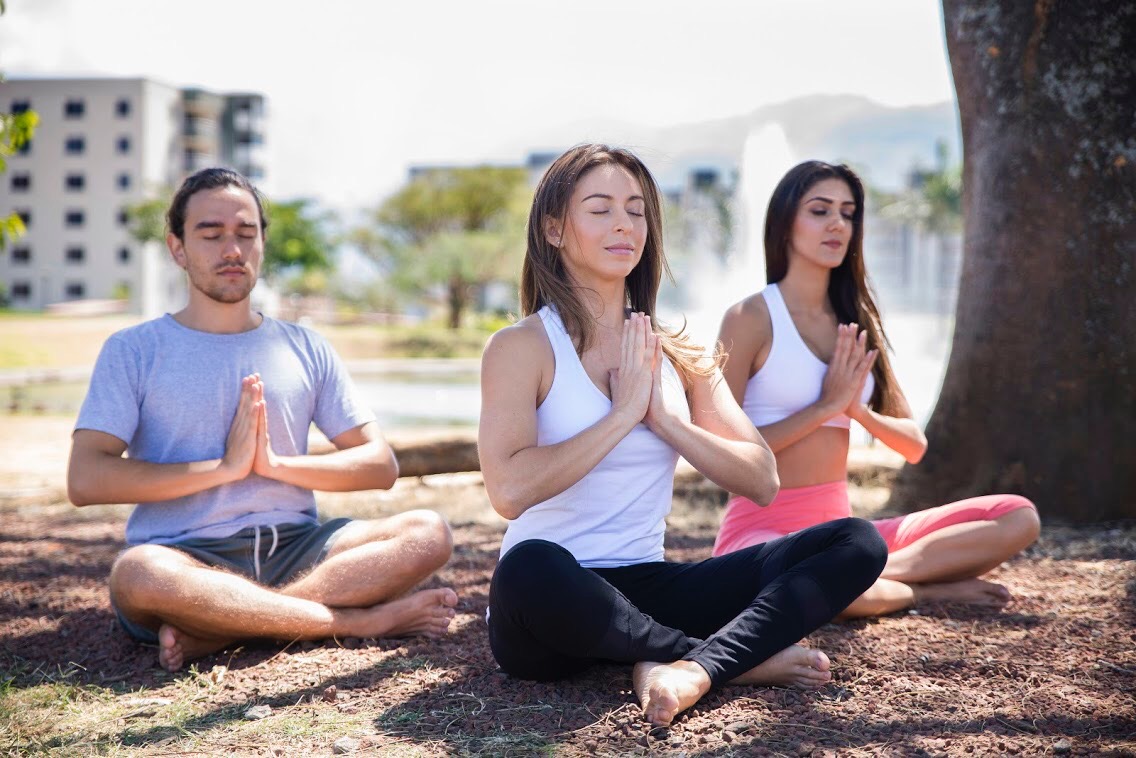Unconditional love is the kind of love we can give unlimitedly without conditions; it is the presence of loving kindness in life for life.
In the first years of life, we learn that love is conditioned; used as a reward for good behaviour. Over time, we face relationships in which we doubt whether we are truly worthy of love and being loved. Every human being from birth must receive care, affection, kindness, respect, acceptance, and recognition. As soon as someone is deprived of these basic needs of learning and survival, he or she begins to form gaps and misconceptions of life, in some cases, they are irreparable.
We often demand a lot, we look for permanence and security in relationships, we pretend that others complete us and fill our needs and when we do not obtain it, they result in another failure. But the truth is that only unconditional love is permanent and free of ties. As the definition says, this type of love is not conditioned to something or someone. It simply is.
Some of the practices we can do to cultivate unconditional love for ourselves and others:
Self-love
It is the ability to love ourselves enough, to recognize ourselves as valuable, that we have things to give, and the pride of being who we are. It also includes self-esteem and the ability to be self-reliant. It is the freedom to develop individuality until we become people capable of creating and nurturing healthy and lasting relationships, starting with the relationship with ourselves.
We must understand that there is no limitation in the capacity to love, there are no limits to love, and therefore, we have the capacity to love ourselves and others. It is impossible to love someone if we don’t love ourselves.
Mistakenly, we tend to seek love and approval outside, rarely realizing that this feeling is born from within, in our heart. We must learn to cultivate self-love and prepare ourselves to expand unconditional love and kindness to others.
Self-compassion
People who are compassionate with themselves recognize that failures are experiences, so they take a balanced approach to negative emotions when they fail. Contrary to what we may think, when we treat ourselves with compassion, we encourage personal and professional growth.
By becoming aware that we are struggling with negative feelings, we allow ourselves to respond with kindness and understanding instead of judging and criticizing what is wrong with us. That self-compassionate attitude is a practice of goodwill towards ourselves.
Self-knowledge
At an early age, we discover ourselves as individual beings, that although we depend on each other, we have our own identity. Self-knowledge allows us to discover who we are, and how to differentiate ourselves from others. It is a personal work to discover what my strengths and weaknesses are; what I like and what I do not; what I want and what I do not want.
Taking the look inward can be difficult at times due to the traumas that we have faced. That is why it is important to develop methods and techniques that help us know who we really are and what we have to share. Once we understand and discover ourselves, we are able to understand and discover others, accepting the reality of life and the individuality of each one.
Metta
The word Pali Metta is a term with multiple meanings such as benevolent love, goodwill, and non-violence. Metta is also defined as a strong desire for the welfare and happiness of others. It is an altruistic attitude of love and friendliness as opposed to mere kindness based on self-interest, that is, it lacks personal interest.
Metta is, in effect, “the universal love that leads to the liberation of the mind”. (Philosophy and practice of universal love by Acharya Buddharakkhita)
By human nature, we are interested in the personal search for improvement, but what would happen if we learn to think about universal welfare and growth?
In a world threatened by so much destruction, greed, hatred, lust, and envy, Metta can be practised as a method of healing and liberation of the mind. So, it becomes a necessity for all activities to be designed in a way that promotes the welfare of all beings.
How to practice Metta?
(Philosophy and practice of universal love by Acharya Buddharakkhita)
Sit in a comfortable position in a quiet place. Keep your eyes closed, repeat the word Metta for some time and mentally evoke its meaning – love as opposed to hatred, resentment, arrogance, impatience, pride and as a deep feeling of goodwill, sympathy, and kindness that promotes happiness and well-being of others.
Now visualize your own face with a happy and radiant mood. All the time observe your face like a mirror, contemplate yourself in a cheerful mood and put yourself in that same state during meditation. A cheerful person cannot get angry or harbour negative thoughts and feelings.
Having visualised yourself in a state of happiness, repeat the thought:
“May I be free from hostility,
free from affliction,
free from anguish;
May I live happily and at peace”
As you float with this thought, you become like a full container, whose contents are ready to overflow in all directions.
Then visualize your meditation teacher or spiritual guide, contemplate him or her in a happy mood and project the thought:
“That my teacher be free from hostility,
free from affliction,
free from anguish;
May he live happily”
And think of other people who are venerable and who are alive – monks, teachers, parents, elders – and with intensity, extend to each of them the Metta‘s thought in the same way.
The visualisation must be clear and the thought must be well “desired”. If the visualisation is done in haste or the desire is superficial or mechanical, the practice will be of little benefit.
Now take the time to visualise one by one of your loved ones, starting with the members of your own family, flooding each one with abundant rays of benevolent love. Spiritual love should be the same to everyone, even to your wife or husband, without involving the element of worldly love.
Then you should visualize neutral people, people who do not like or dislike you, as neighbours, colleagues at work, acquaintances. It radiates the same thought:
“That this person be free from hostility,
free from affliction,
free from anguish;
that he/she lives happily”
Having radiated thoughts of love to each one of this circle, you must now visualise people whom you may have misunderstood or whom you disliked. For each one, repeat mentally:
“I do not have hostility towards him/her,
that he/she does not have any hostility towards me.
That he/she is happy “
In this way, while visualizing all these people, the barrier is broken caused by likes and dislikes, attachment and hatred. When one is able to consider an enemy without malevolence and with the same will that he has for a dear friend, Metta, he acquires supreme impartiality, elevating the mind until it becomes unlimited.
* Visualisation means “calling the mind” or making certain objects visible in the mind, such as a person, an address, a category of beings. Imagine the people towards whom the thoughts of love have to be projected or extended. By irradiation is meant the projection of certain thoughts that promote the well-being of those people towards whom we direct the mind.
You can expand Metta in all directions and to all living beings, as much as you wish, covering everything with abundant thoughts of universal love.
What is unconditional love?
Unconditional love is the love that is born from the heart, the one that motivates us to give in an infinite way and that begins with our own love. The ability to value ourselves, compassionately accepting ourselves as we are. From the personal work of knowing ourselves, we managed to experience the satisfaction of focusing not only on the individual but also on the collective.
For this, 42 days Self Development Program can be very helpful.
“May all beings be happy, may all beings be at peace.”







